-
ICMag with help from Phlizon, Landrace Warden and The Vault is running a NEW contest for Christmas! You can check it here. Prizes are: full spectrum led light, seeds & forum premium access. Come join in!
You are using an out of date browser. It may not display this or other websites correctly.
You should upgrade or use an alternative browser.
You should upgrade or use an alternative browser.
Have you looked at the North Pole lately?
- Thread starter igrowone
- Start date
world will end before this "net zero" pipe dream.
I Care
Well-known member
They’re going to act like selling our domestic available resources to pay their debts and having a US reduction in fossil fuel use due to the increased cost associated with exporting fossil fuel and then when people use less cause they’ve made it too expensive to use it as necessary. Then they will say oh look, the United States fixed the world.
I’ve made less reasonable predictions that became legit.
I’ve made less reasonable predictions that became legit.
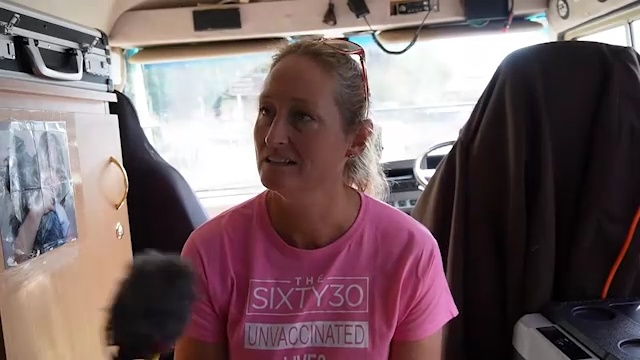
Alex Nichols shows rort behind Australian windmills and high power prices - United Australia Party
Meanwhile in the Southern Hemisphere, has anyone looked at the South Pole?
The head of the Australian Centre for Excellence in Antarctic Science, Prof Matt King, said he found it embarrassing how little was known about the local and global ramifications of changes including a historic drop in floating sea ice cover, the accelerating melting of giant ice sheets and the slowing of a deep ocean current known as the Southern Ocean overturning circulation.
King said they were likely to affect temperature and rainfall patterns across Australia in different ways – changes that could transform communities and affect the viability of some agricultural industries – and hasten sea level rise along the coast.
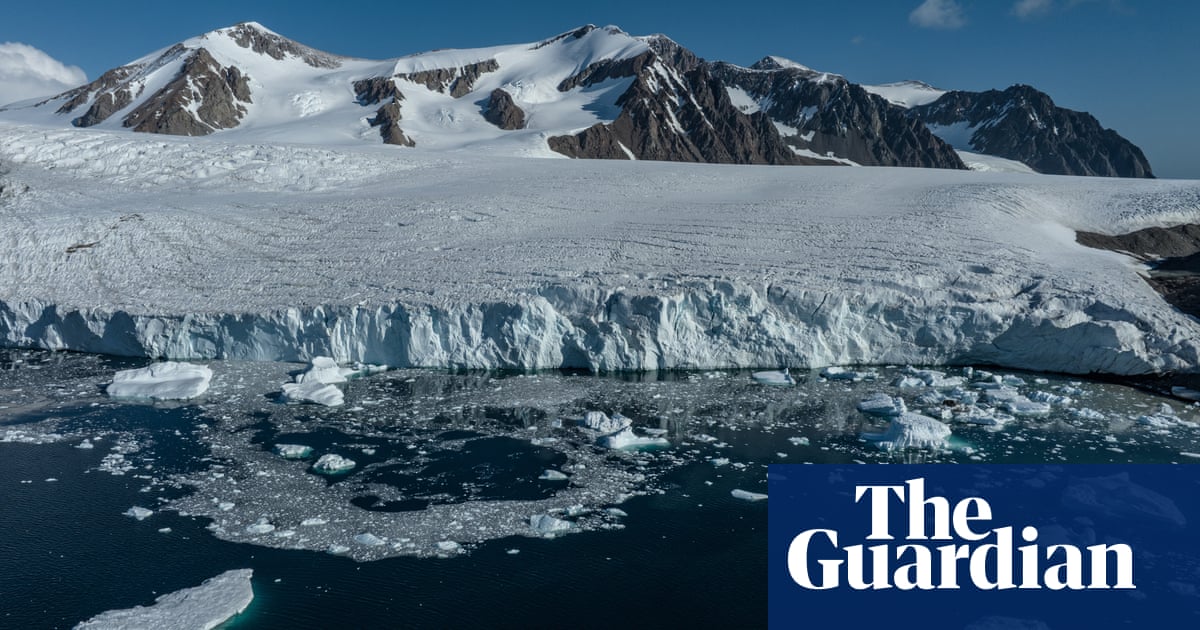
 www.theguardian.com
www.theguardian.com
The head of the Australian Centre for Excellence in Antarctic Science, Prof Matt King, said he found it embarrassing how little was known about the local and global ramifications of changes including a historic drop in floating sea ice cover, the accelerating melting of giant ice sheets and the slowing of a deep ocean current known as the Southern Ocean overturning circulation.
King said they were likely to affect temperature and rainfall patterns across Australia in different ways – changes that could transform communities and affect the viability of some agricultural industries – and hasten sea level rise along the coast.

Australia not prepared for how Antarctic ice changes will hit economy, scientist warns
Exclusive: Prof Matt King says accelerated melting could transform country and affect viability of some agricultural industries
What a load of rubbishMeanwhile in the Southern Hemisphere, has anyone looked at the South Pole?
The head of the Australian Centre for Excellence in Antarctic Science, Prof Matt King, said he found it embarrassing how little was known about the local and global ramifications of changes including a historic drop in floating sea ice cover, the accelerating melting of giant ice sheets and the slowing of a deep ocean current known as the Southern Ocean overturning circulation.
King said they were likely to affect temperature and rainfall patterns across Australia in different ways – changes that could transform communities and affect the viability of some agricultural industries – and hasten sea level rise along the coast.

Australia not prepared for how Antarctic ice changes will hit economy, scientist warns
Exclusive: Prof Matt King says accelerated melting could transform country and affect viability of some agricultural industrieswww.theguardian.com
"He said the impact of melting glaciers and a potential decline in the amount of carbon dioxide absorbed by the Southern Ocean also posed substantial risks that were not receiving the attention they needed. Research led by King found Antarctic glaciers have been losing on average about 150bn tonnes of ice a year – about 17m tonnes an hour – over the past two decades."
Antarctic gained 5304 square kilometers from 2009 to 2019

Table 1Summary table with data on each ice shelf, including area change from 2009 to 2019, the absolute difference, percentage difference, and rate of change between the first and last recorded dates (ice shelves that have experienced major calving events are indicated in parentheses), the year and amount of maximum area change, and the observed calving flux and steady-state calving fluxes. The values denoted in bold format are to indicate that those values are sums of ice shelf groupings (aka AP total, WAIS total, EAIS total, large shelf total, and Antarctica total).
Table 1Summary table with data on each ice shelf, including area change from 2009 to 2019, the absolute difference, percentage difference, and rate of change between the first and last recorded dates (ice shelves that have experienced major calving events are indicated in parentheses), the year and amount of maximum area change, and the observed calving flux and steady-state calving fluxes. The values denoted in bold format are to indicate that those values are sums of ice shelf groupings (aka AP total, WAIS total, EAIS total, large shelf total, and Antarctica total).
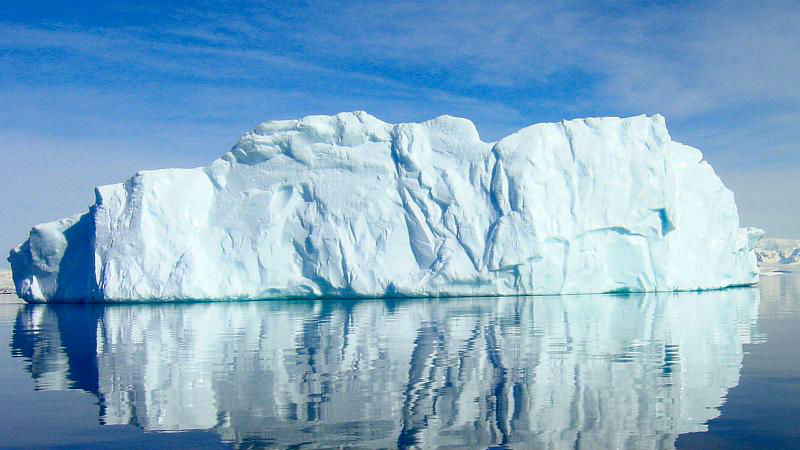
Antarctic Ice Sheet Mass gains greater than losses - Antarctica Journal
According to the new analysis of satellite data, the Antarctic ice sheet showed a net gain of 112 billion tons of ice a year from 1992 to present.
We show that from 1997 to 2021, Antarctica experienced a net loss of 36,701 ± 1,465 square kilometres (1.9 per cent) of ice-shelf area that cannot be fully regained before the next series of major calving events, which are likely to occur in the next decade. Mass loss associated with ice-front retreat (5,874 ± 396 gigatonnes) has been approximately equal to mass change owing to ice-shelf thinning over the past quarter of a century (6,113 ± 452 gigatonnes), meaning that the total mass loss is nearly double that which could be measured by altimetry-based surveys alone. We model the impacts of Antarctica’s recent coastline evolution in the absence of additional feedbacks, and find that calving and thinning have produced equivalent reductions in ice-shelf buttressing since 2007, and that further retreat could produce increasingly significant sea-level rise in the future.
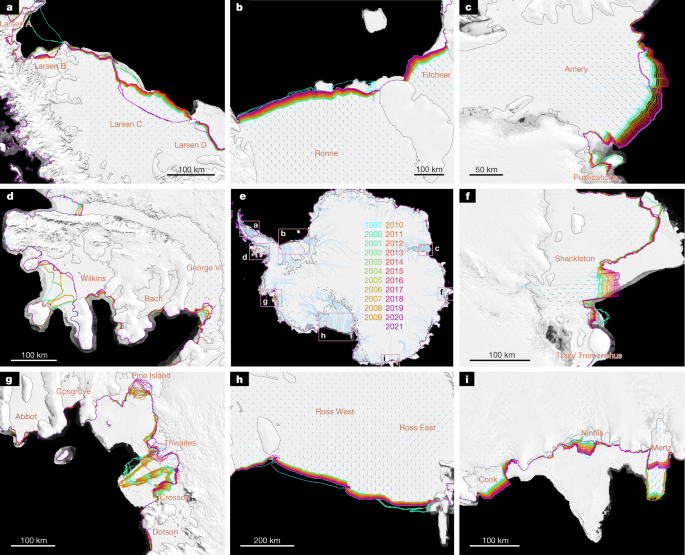
 www.nature.com
www.nature.com

Antarctic calving loss rivals ice-shelf thinning - Nature
Data from multiple satellite sensors show that Antarctica lost almost 37,000 km2 of ice-shelf area from 1997 to 2021, and that calving losses are as important as ice-shelf thinning.
Its summer there atm and still freezing cold, last time I checked ice doesn't melt below 0
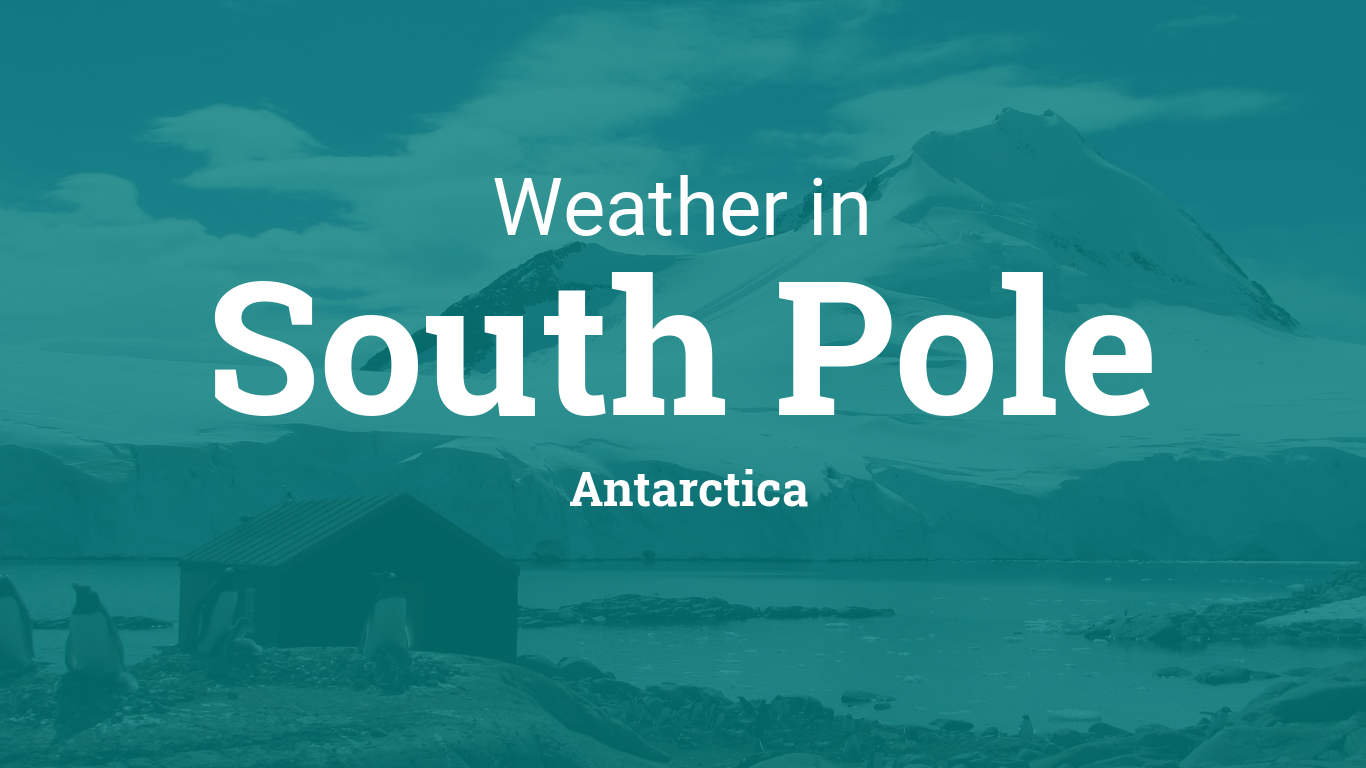
 www.timeanddate.com
www.timeanddate.com
 www.myweather2.com
www.myweather2.com
Weather for South Pole, Antarctica
Current weather in South Pole and forecast for today, tomorrow, and next 14 days
Current weather for Vostok | Local | Antarctica
Local current weather for Vostok, Antarctica giving details on temperature, wind speed, rain, cloud, humidity, pressure and more.
Again, you confuse weather with climate.Its summer there atm and still freezing cold, last time I checked ice doesn't melt below 0

Weather for South Pole, Antarctica
Current weather in South Pole and forecast for today, tomorrow, and next 14 dayswww.timeanddate.com
Current weather for Vostok | Local | Antarctica
Local current weather for Vostok, Antarctica giving details on temperature, wind speed, rain, cloud, humidity, pressure and more.www.myweather2.com
Not at all, but just incase I've got it wrong how about you explain what climate is and why the weather has nothing to do with it.Again, you confuse weather with climate.
Seems to me that the "scientists" can't decide if there is ice loss or ice gain over the last 30 years.
Not sure I'd trust the guardian to know what day of the week it was lol
Another Guardian quote
"King said while Australia now had access to the RSV Nuyina, an ice-breaking research and supply ship, the country would need multiple icebreakers or autonomous robotic ships if it were to undertake the long-term research needed."
IF all the sea ice is melting or going to melt why would they need more ice breakers ?
Where to start. You keep posting stuff about how cold it is where you are, or the temp on any given day. I know you're not quite as dumb as you make out so I'm guessing it's deliberate? Averages are just that, averages, over a period of time.Not at all, but just incase I've got it wrong how about you explain what climate is and why the weather has nothing to do with it.
Seems to me that the "scientists" can't decide if there is ice loss or ice gain over the last 30 years.
Not sure I'd trust the guardian to know what day of the week it was lol
Another Guardian quote
"King said while Australia now had access to the RSV Nuyina, an ice-breaking research and supply ship, the country would need multiple icebreakers or autonomous robotic ships if it were to undertake the long-term research needed."
IF all the sea ice is melting or going to melt why would they need more ice breakers ?
Guardian was just reporting what a scientist said. They aren't making it up. No offence but I will take most scientists over someone with grade 9 science.
Pretty sure it will take a long time for the ice to completely melt if it ever does so yeah we need ice breakers.
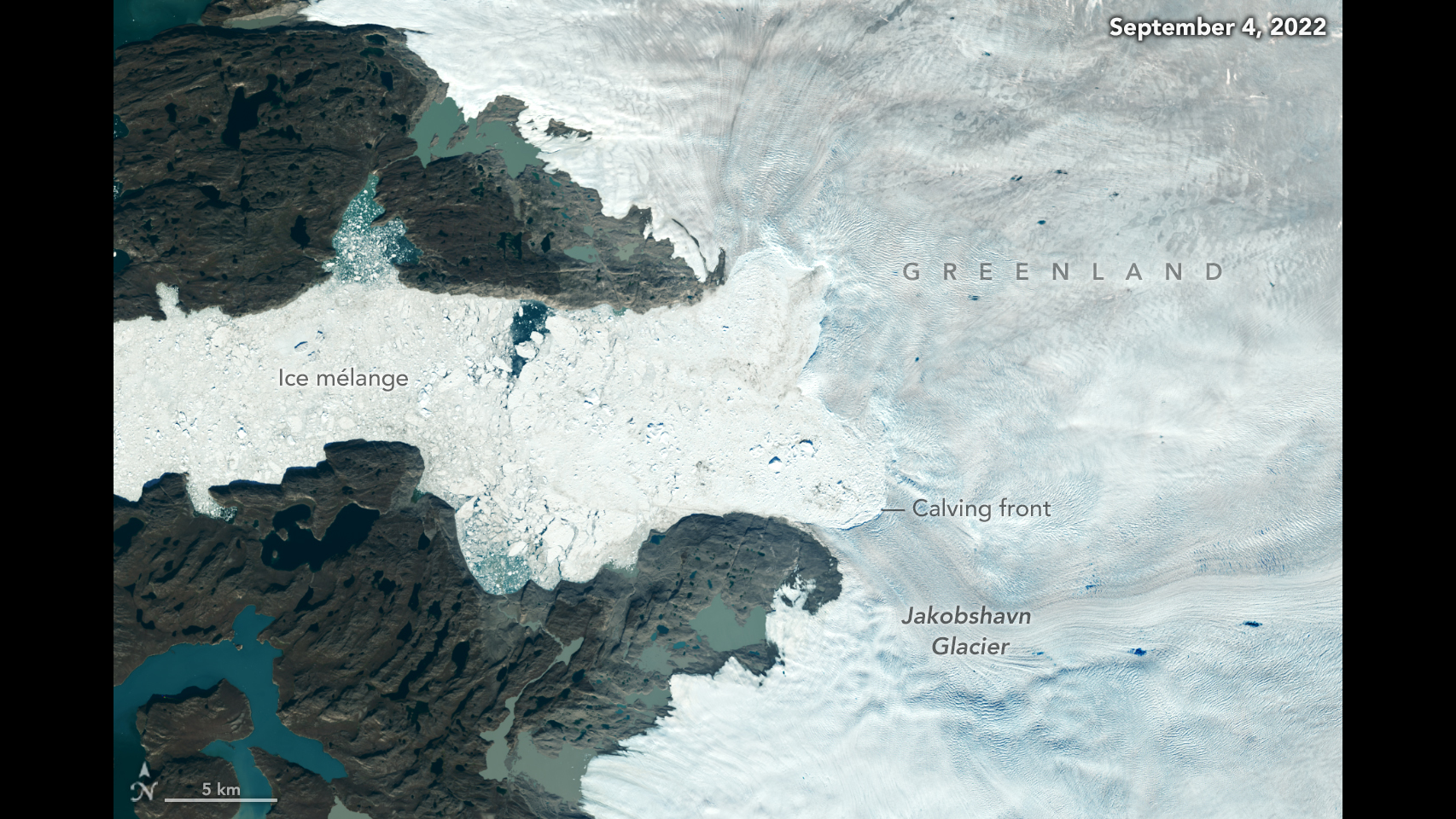
NASA Study: More Greenland Ice Lost Than Previously Estimated - NASA
A new, comprehensive analysis of satellite data finds that majority of glaciers on the landmass have retreated significantly.
Dime
Well-known member
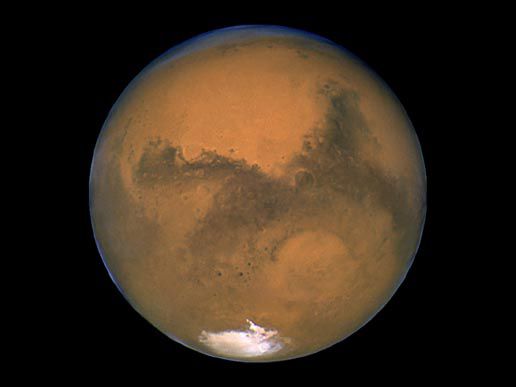
Elon Musk Floats 'Nuke Mars' Idea Again (He Has T-Shirts)
"Nuke Mars!" Musk tweeted Thursday (Aug. 15). "T-shirt soon."
Not sure what "grade 9" is, form 3 maybe ?.Where to start. You keep posting stuff about how cold it is where you are, or the temp on any given day. I know you're not quite as dumb as you make out so I'm guessing it's deliberate? Averages are just that, averages, over a period of time.
Guardian was just reporting what a scientist said. They aren't making it up. No offence but I will take most scientists over someone with grade 9 science.
Pretty sure it will take a long time for the ice to completely melt if it ever does so yeah we need ice breakers.
So you believe whatever a scientist says , shit its not like they have been wrong ever is it
You need to keep the "cold stuff" I post in the context it was posted, your scientist says Antarctica is melting so I posted the currant temp for Antarctica and its below freezing in the middle of summer, so nothing is melting is it, sea ice comes and goes with the seasons as it always has, no sea level rise or Co2 involved.
The ice will never all melt unless we get out of the current ice age which started about 2.6 million years ago, you realize we are still in a ice age don't you ? wait till the next glacial period then you will see some climate change, it won't be "man made" and won't have anything to do with Co2 man made or otherwise.
Yes climate is weather over time, pretty sure its not a 30 year period that the ICPP keep referring to, I love how the 30 year period keeps changing to suit the narrative, you could have warming or cooling depending when you start your 30 years, 1950-1980 was cold so that's their main go to 30 year climate period to somehow prove its getting warmer.
Pretty sure I've posted shit from the 1880's to 1920s and the glaciers were all melting , then they grew when it got cold 1950-1980, and melted again when it warmed up, then grew again recently during the hottest years ever recorded in human history lol
"Following the study’s publication, additional analyses show Jakobshavn grew thicker by 22 and 33 yards (20 to 30 meters) each year from 2016 to 2019"
Apparently glaciers melt when its cold if you believe the temp graph below is accurate
View attachment 18936771
View attachment 18936811
GenghisKush
Well-known member
scientists know that all science is wrong. it is just less wrong than anything else anyone has come up with. come up with a better model that is less wrong than what we have now? once your model has been measured against reality and is found to be less wrong, then it becomes science. keeps going. scientists have a saying to this effect, "All models are wrong, some are useful."So you believe whatever a scientist says , shit its not like they have been wrong ever is ityou do know how science works I trust ?.


